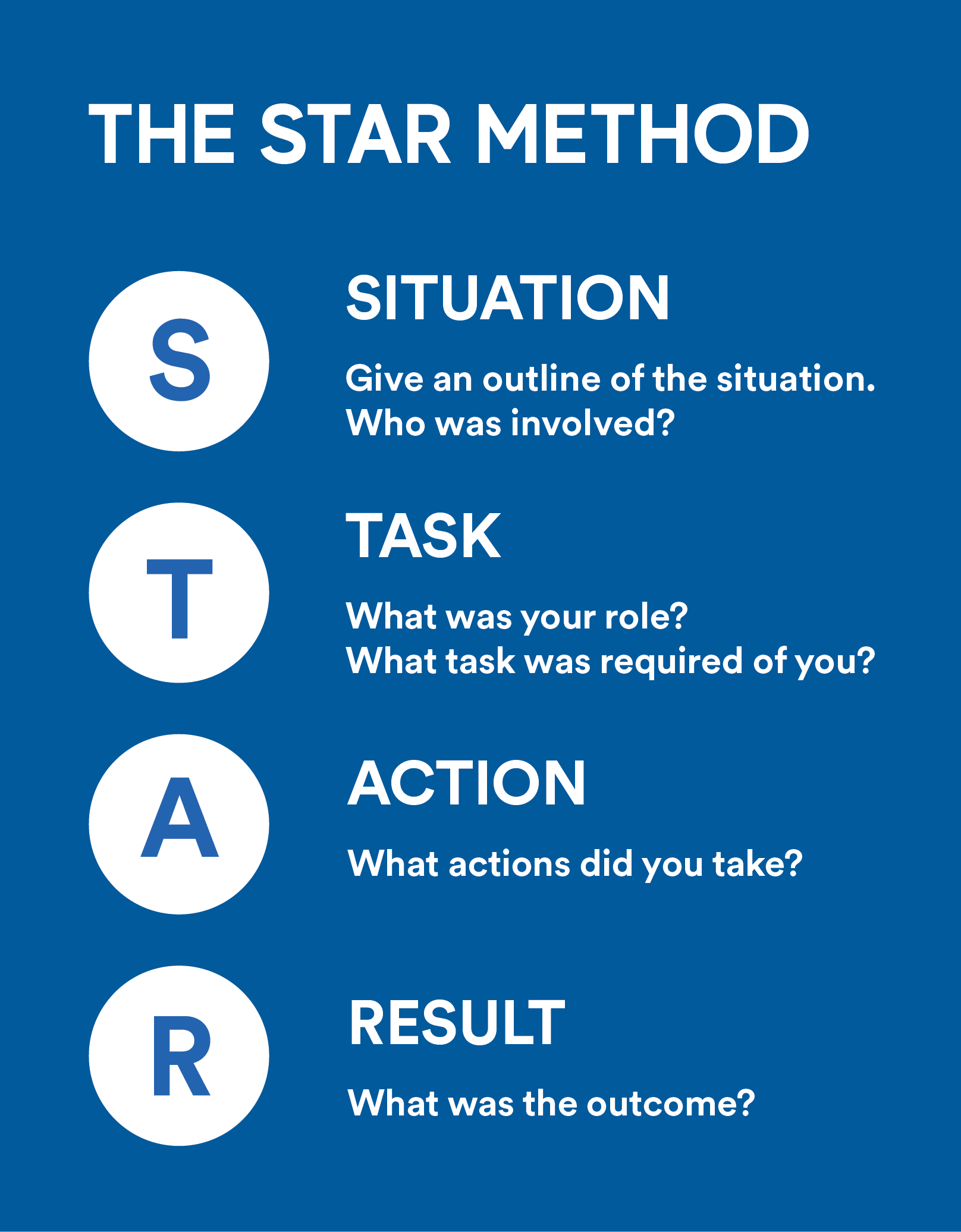
Many students choose to work while they’re studying at university. Besides financial benefits, working gives you opportunities to learn practical skills and soft skills in a real work environment. This enhances your employability after you graduate.
Writing a tailored resume or cover letter will help you get an interview, but acing your job interview will help you secure the role. Performing well at an interview requires preparation and practise.
Here are 7 steps you can take to excel at your first or next job interview.
1. Research the company and job position
Look at the company’s website, social media pages and news articles to find out about their products, services, history, mission statement, values and culture. If you are asked why you want to work for the company, include what you have researched in your response.
Read the job description a few times to understand the qualifications and skills needed. Be ready to explain how your experiences (even if they are academic or volunteer-based) match the knowledge, skills and personality the company is looking for in an employee.
2. Prepare for common interview questions
Research and make a list of common interview questions you may be asked. You need to be able to speak about your skills and experience concisely. Try to include examples in your responses.
Here are examples of common interview questions and tips on how to answer them.
Why do you want this job?
Explain why you like the company. It could be because you like their products and services, or you identify with their mission statement, values and culture. It may be because the job is aligned with your interests or skill set, have learning opportunities or flexibility.
What’s your work experience?
If you have work experience, list the previous job roles you had and how the responsibilities align with the skill set the recruiter is looking for. For example, if you worked as a waiter and you’re applying for a retail position, you can mention responsibilities that are similar between the two roles such as customer service, operating the register, working in a team or inventory management.
If you don’t have a lot of work experience, you can highlight school projects or other programs (e.g. volunteer, clubs, sports) where you have taken an active role. Talk about the soft skills (also known as transferable skills) such as communication or problem-solving skills that you have developed through them.
What are your strengths and weaknesses?
Talk about strengths that align with the job such as communication, teamwork or your ability to work under pressure. Choose weaknesses that you are actively working on improving. For example, you may say that time management is a weakness but learning to balance all your commitments at university is helping you improve.
Tell us about a time when you faced a challenge and how you overcame it.
Use examples from school, volunteer work, internships or any previous casual or part-time jobs to demonstrate problem-solving skills. You can use the STAR method.

Here’s an example:
Situation: In a group project for university, one team member wasn’t contributing their fair share of work, which was causing delays and frustration among the rest of the team.
Task: As the team leader, it was my responsibility to ensure that the project was completed on time and that all members contributed equally.
Action: I had a one-on-one conversation with the team member and asked if there were any challenges that she was facing and how I could help. She said that she was struggling to balance all her university work and wasn’t too sure how to answer the project section she was assigned. After our conversation, I gave her tips on how to better manage her time (e.g. using a time management app) and redistributed some of the project tasks that better aligned with each person’s strength. I set up weekly meetings to monitor progress.
Result: The team member appreciated the support and our group became more collaborative. We were able to complete the project on time and received a great mark.
Scenarios
Employers may pose a work scenario and ask how you would respond to it. They want to see if you have problem-solving and critical thinking skills. For example, they may ask how you would respond to a customer complaint. To prepare for these types of questions, you can research possible answers online for different work scenarios or think about examples from your previous work or school roles.
3. Practise your interview responses
Practising your answers to common interview questions builds your confidence. During your practice:
- Keep your answers short and to the point.
- Avoid long-winded responses.
- Focus on sounding natural while still being professional.
- Speak slowly and clearly, especially if English isn’t your first language.
Practise saying your responses out loud in front of a mirror or with a family member or friend who can provide you constructive feedback. You can also book a session with the careers service at your university campus who can give help you improve your interview skills and offer feedback on your interview performance.
During your interview, remember to remain calm and take time to think about your answers if you need to.
4. Practise effective non-verbal communication
Non-verbal communication like body language, facial expressions and tone of voice can have a greater impact than verbal communication in face-to-face meetings. While words convey information, it is your non-verbal cues that shape how your responses are interpreted and received by the recruiter.
Some types of effective non-verbal communication are:
- Sitting up straight without crossing your arms or legs
- Maintaining eye contact to show you are actively listening and interested
- Smiling to show warmth
- Nodding to show you are listening and understanding what the other person is saying
- Appropriate hand gestures
- Leaning in slightly while speaking or listening
5. Dress and present yourself appropriately
Research the company’s dress code and aim to dress a little more formal than the company norm to make a good impression. You may not need to come in a business suit, but do not come to the interview in old casual clothes either. Look neat and tidy.
6. Ask questions
Asking questions shows the recruiter that you’ve done your research and are genuinely interested in the role. It also helps you decide whether the role is right for you.
Examples of questions you can ask are:
- What does a typical day look like in this job position?
- What is the work environment like?
- What are the most important qualities you’re looking for in a candidate for this role?
- What are the biggest challenges someone in this role would face?
- Are there opportunities for professional growth in this company?
- When do you expect to make a decision regarding the position?
7. Follow up after the interview
You can send a thank you email within 24 hours of your interview. The email should address the interviewer by name, thank them for their time, reaffirm your interest in the role and that you look forward to hearing from them.
Interviews are a learning experience. The more you practise, the easier they’ll become. Use each interview as lesson for improvement and a way for building confidence.
The University of Adelaide College is your pathway provider to Adelaide University. Our College Services team are here to help you settle into the College and offer you any academic or career guidance you may need.

